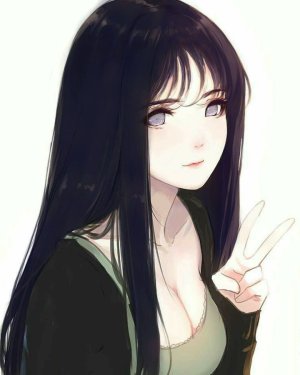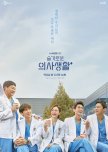
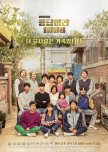
Both shows the kind of friendship we fell inlove with. That goofy, long-term and the ever popular cliche idea of falling in love with a friend that would take us to the edge of our seats slowly gripping onto anything everytime a possible confession or encounter of the characters happen. That understanding we instantly feel with each of the characters because at some point we've been in their shoes. Both just makes you feels these things and let you see again how much sunshine friendship can bring in our lives.
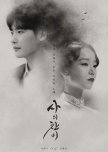
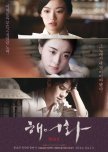
The similarities might only be the small facts that they are both saeguk and focuses on art such as singing and performing on stage/concert. In Love lies, it featured the song Hymn of death indicating that it is set after the time of the latter. There was also betrayal among partners.

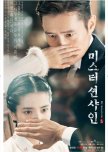
It gave off the same feels. Both have the idea of fighting against the Japanese occupation. Both have that forbidden love.

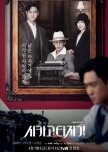
It occured in the same era where Joseon is fighting for their liberation from the Japanese occupation. There you can see the iconic Carpe Diem where they frequent to. Both main characters have the nationalism in them, though in Chicago it is much strongly shown. Both male leads fights with their pens through writing literatures.
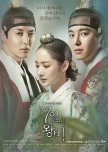
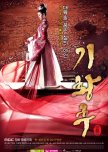
Both used flashbacks that would make you eagerly wait for that specific scene, eagerly wait for what caused it, what was done in order to end up with that kind of event. Both fights for the throne ( therefore both are of royal blood ), thought of strategies. Both male leads love the female leads and the female leads was also once affectionate to the second male lead at first, although in Empress Ki it's much deeper. A secret letter was also involved in both dramas and both female leads were chosen by the deities to have it fall in their hands. ( oooops, I used deities, hahaha, too much saeguk i guess. Haha. )
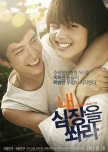
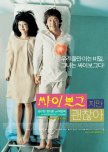
Both were set in a mental hospital. Both portrayal of the characters are amazingly done. Both can give you that smile after some weird scenes they come up.
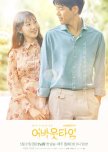
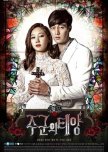
Although the female characters are in contrast in terms of their behaviour ( Lee Sung Kyung is lively wile Gong Hyo jin is gloomy as a ghost) but then both wants to be near the male leads, they both have need of their presence for their own good.

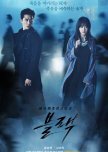
Both female characters can see a person's life span. Although in different ways. Somehow they both have the need of their leading man because of their past connection or the secret connection that they have that envolves one of their family member.
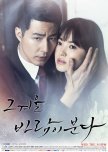
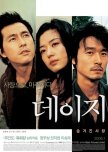
Both female leads are blind, although for Daisy, it happened to her only halfway at the end. The male leads planned their way on meeting the female leads but then fell in love with her along the way. For the movie though, the intention wasn't bad, unlike for the drama.
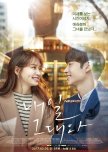
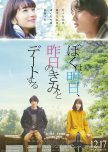
Both have a time warp idea. The future boy meeting the past girl and vice versa. Although for the japanese movie there's a more complex idea about the time warp thingy. It shows parallel worlds where some endings here are not the same in the other world there is.
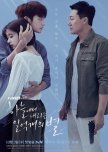
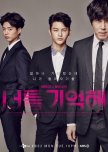
The male lead was portrayed by the same actor which made it give off more of the same feels. Given also that they both have the photographic memory. He's not a good guy I suppose, not that innocent man. The female leads supported and kept watching them with the thought of changing their bad ways, behaviour, and took on the role of being the most understanding person, the male lead could ever had. Believing that they met when they were still young that made the bond stronger.

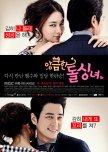
Both characters were divorcees. There's a deep contempt for their ex-partners. Both marriage was affected by their unsatisfied careers. The female leads experienced emotional breakdowns that their husbands didn't saw and they just kept it in their hearts that soon led the separation. The male leads felt incompetent that they thought was caused after falling in their wives. But then both grew separately and in the end was healed by each other's love again.

